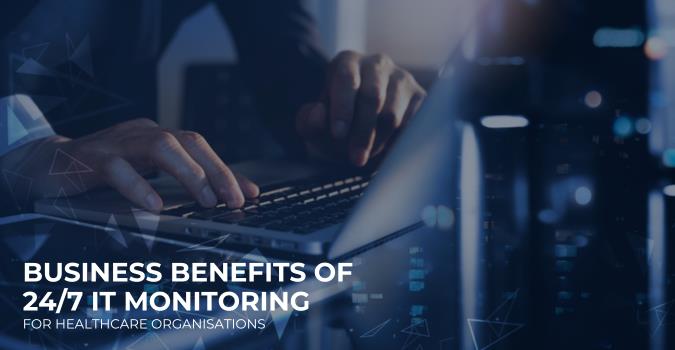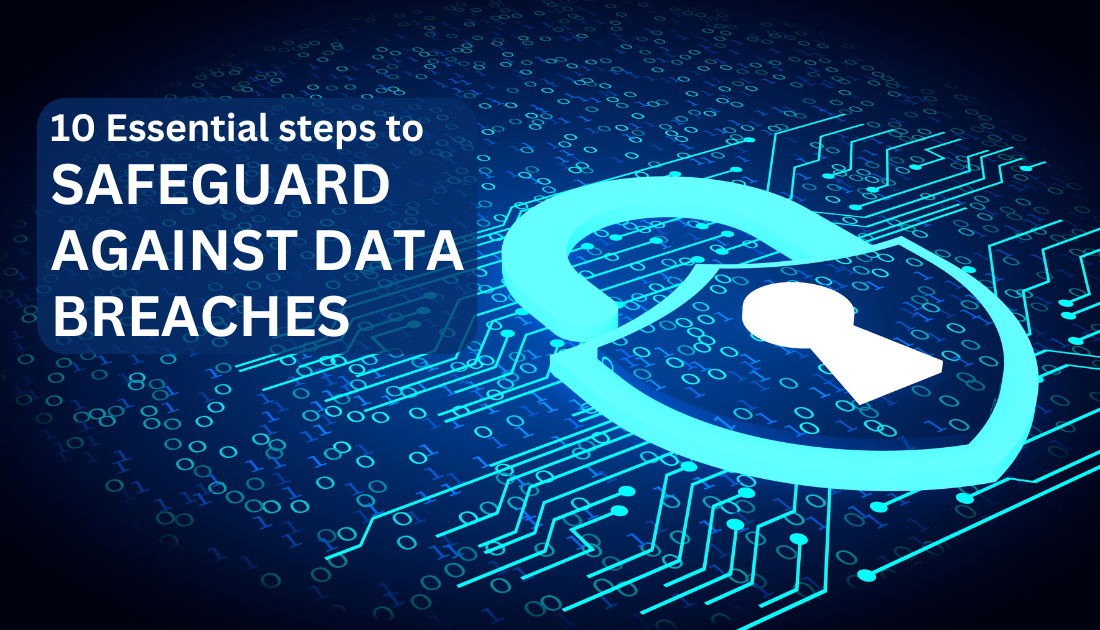Healthcare organisations rely on robust IT systems to manage patient records, facilitate telemedicine and support…

IT Support Cost – What You Need to Know for Your Medical Practice Needs?
IT support for the medical industry has become a vital and prerequisite measure to follow. But do you know that how much managed IT support costs according to the needs of your medical practice? Let’s find out.
Where information technology is virtually influencing every other industry, there is one sector where IT may have the most significant impact – the medical sector. Knowing the role of IT in the healthcare sector in Australia, it is worthy to discuss its importance and cost of implementation.
Either you are an established health care facility or a newly credentialed practitioner, you are going to need IT to support sooner or later. Likewise, the IT Support Provider also addresses questions that come to your mind. As a result, it helps to improve the quality of health care services for your patients and community.
Medical IT Support plays a significant role in building and establishing systems for health care sectors to improve medical care, reduce errors, lower health care costs, and provide affordable and reliable services to the patients. Especially during COVID 19 Pandemic, IT services companies contributing a huge part to improve standards in health care organizations, hospitals, testing facilities, and medical laboratories in Australia.
Nowadays, modern hospitals and healthcare facilities have digital tools and IT everywhere. From the devices that enable virtual care, which allows professionals to monitor COVID 19 patients without being physically present; to the network that stores clinical data, IT services have swapped the traditional ways with modern technology to effectively harness the pandemic situations.
IT Support Cost and Medical Practice Needs
The cost of IT support and services are based on your medical practice needs. IT support for medical offices requires more than just someone to install software and solve technical computer hardware problems. Being in the medical sector, you require a fully functional medical practice IT support team that understands your requirements and works proactively to make sure that your systems are secured. Likewise, they assure that systems are always up and running, and fully compliant with the AHPRA and the Privacy Act.
However, every good and effective thing has its cost. In Medical IT Services creating electronic records, online patient portals, making payments, scheduling appointments, as well as the cost to maintain these systems are a few significant increases in healthcare technology costs.
Many people associate IT support costs with an upraised in healthcare services, which is wrong. In fact, outsourcing medical IT support can help you in lowering healthcare costs. It lowers in-house staff costs, streamlines claim processing, cut down administrative expenditures and cut down the need for specialists. To create such type of a framework, you need to sign up for a broad-spectrum IT support program to ensure the efficiency of your healthcare facility.
Additional IT Services That Medical Practice Need
- On-Site Support and Services:
In the medical practice, there come times when you come in dire need of on-site support. For suppose if something you are unable to solve on call, you would like the respective person to demonstrate how it work, or for maintenance, you need to call the IT guy at your station. Usually, the rates of on-site support revolve around $138/hour. However, these rates slightly vary between managed and non-managed clients.
- Installation of Hardware and Software:
Potential hardware costs may include database servers, desktop computers, and other supporting devices. However, the basic EHR software cost may include EHR application, interface modules, and upgrades to the application.
- Staff Training and Consultancy:
You may need your IT support team to give some training to your medical staff before and during EHR implementation. Your office staff especially relevant nurses and physicians need to understand how to use EHR and associated hardware. Furthermore, how it will create a new workflow for your practice. Of course, this training would cost, but it’s necessary.
- Proactive Support:
In the medical field, you understand that your system contains critical information, and you cannot wait to call on support after your system fails, or got cyber-attacked. You need proactive support to monitor your system 24/7 and keep an eye on every possible threat to your network.
Final Notes
To cut the long story short, every medical facility needs an active and efficient system on every end to let them provide state-of-the-art treatment and healthcare services to the patients. Surely, they do need to invest in their medical practice IT department, but that’s more like an investment, which would reduce healthcare costs, let you claim insurance, and save much more than you are investing.
Also Read:




